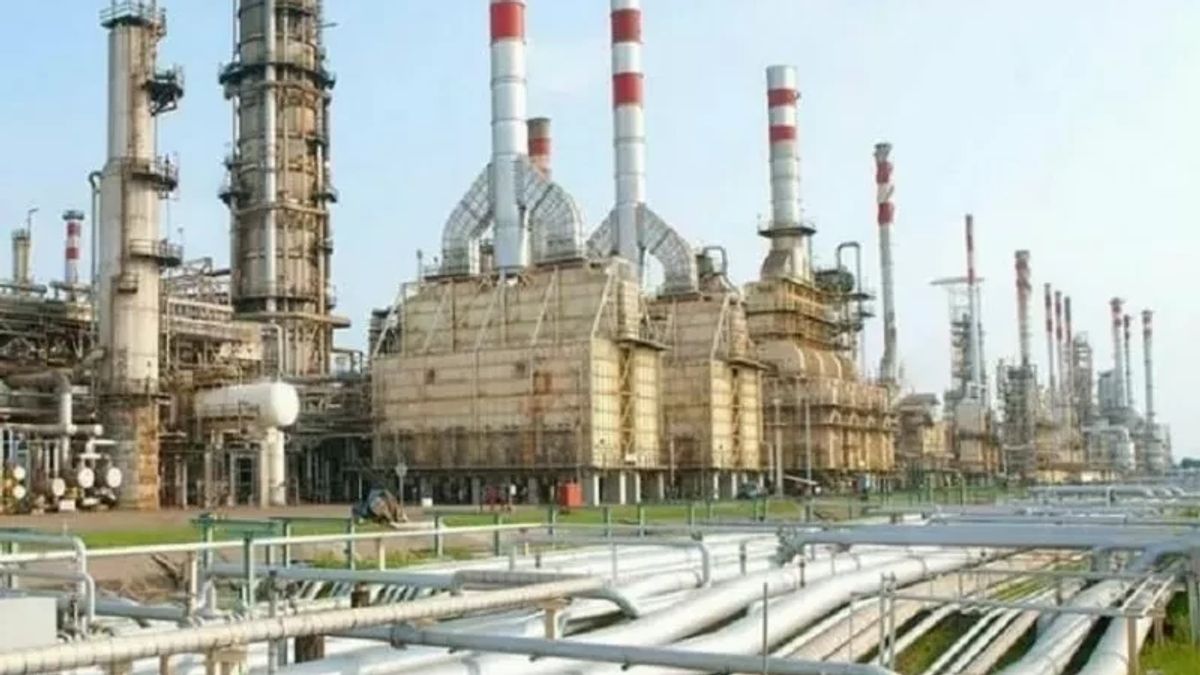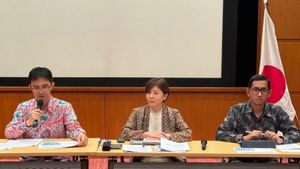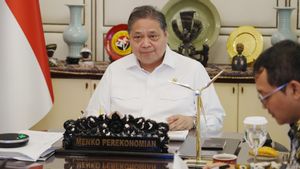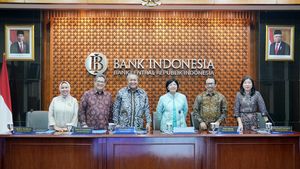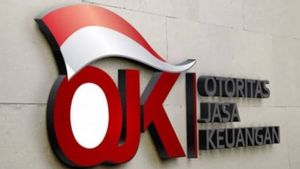JAKARTA - Low-carbon technology can be a solution to increase Indonesia's oil and gas production. Especially in supporting the target of one million barrels of oil per day and 12 billion cubic feet of gas per day by 2030.
At the same time supporting reducing emissions to Indonesia's net zero emissions by 2060. Low-carbon technology such as capture, utilization, and carbon capture, utilization and storage (CCUS) is the solution.
This must be the synergy and support of all parties to accelerate the implementation of low-carbon technology in the oil and gas (oil and gas) sector in Indonesia.
"Thus, the synergy and support of all parties is important," said Director of Engineering and the Oil and Gas Environment of the Ministry of Energy and Mineral Resources Mirza Mahendra quoting Antara, Friday, February 3.
Mirza explained that currently there are 16 CCS/CCUS projects in Indonesia that are still in the study and preparation stage and are mostly targeted to operate before 2030.
"The most significant is CCUS in Tangguh BP Berau which has received approval for the plan of development. In addition, Pertamina has also obtained a test negative and puff CO2 injection at Jatibarang Field, but the results are very encouraging," he said.
Mirza added that the Ministry of Energy and Mineral Resources has also prepared a draft Minister of Energy and Mineral Resources Regulation regarding the implementation of CCS/CCUS, which is currently still in the harmonization stage between ministries.
Meanwhile, IATMI Chairman Raam Krisna said talk show activities are also a form of synergy.
"This activity is proof of the synergy of the government, associations, academics, and business actors in supporting the acceleration of CCS/CCUS in Indonesia. This event is a forum for experts and stakeholders to discuss together and provide views in efforts to develop CCS/CCUS potential, including related to the potential of carbon trading to support the economy of the CCS/CCUS project," said Raam.
The event presented two speakers from ExxonMobil and LEMIGAS.
"The key to the success of the CCUS project is collaboration, scale, cost, and security and risk management. If all these aspects are properly calculated, then the CCUS program will be successful," said Prasanna V Joshi of ExxonMobil.
Meanwhile, Dadan Damayandri, from LEMIGAS, Ministry of Energy and Mineral Resources, explained that LEMIGAS had conducted many CCUS studies from 2003 including Japanese Japex and PT Pertamina (Persero).
In the future, LEMIGAS will conduct a potential depleted reservoir and saline aquifer mapping study for CCS/CCUS hubs and clustering, as well as a study on carbon utilization for the production of blue hydrogen methanol and support the Directorate General of Oil and Gas of the Ministry of Energy and Mineral Resources in formulating policies regarding CCS/CCUS.
The English, Chinese, Japanese, Arabic, and French versions are automatically generated by the AI. So there may still be inaccuracies in translating, please always see Indonesian as our main language. (system supported by DigitalSiber.id)
